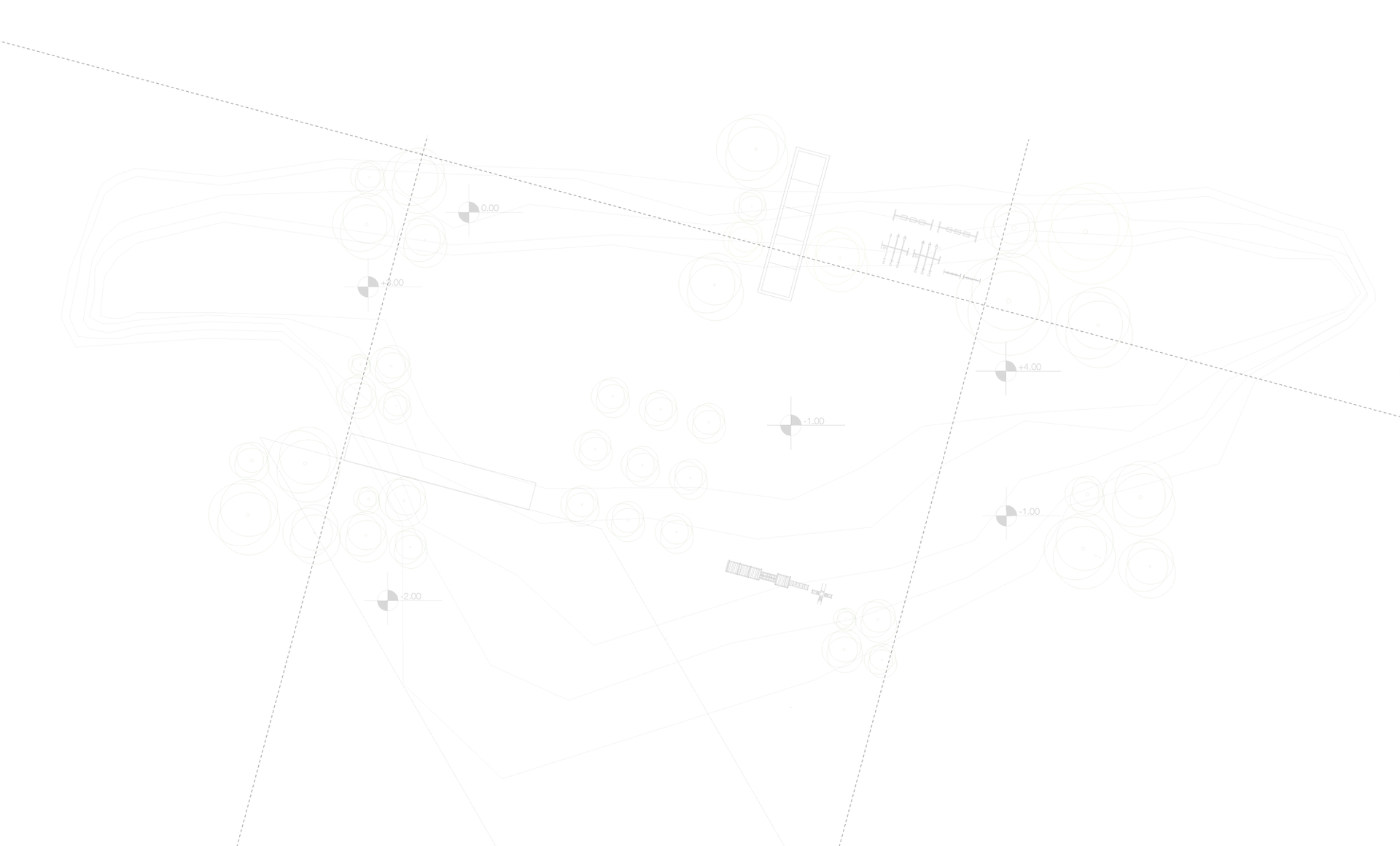
Glen A. Weed Library
Coastal University
Wilmington, North Carolina
Glen A. Weed Library
Coastal University
Wilmington, North Carolina
Glen A. Weed Library
Coastal University
Wilmington, North Carolina
Taylor V. Guelich | Mechanical
Advisor: Dr. Freihaut

Redesign Proposal and Breadth Topics
Presentation (11-29-2018)
ENCLOSURE BREADTH
Building Facade Materials
An environmental analysis will be performed to investigate the consequences of placing Glen Library in its new location at Wilmington, NC. The building enclosure is currently a metal panel and curtain wall facade. The coastal climate will result in a greater amount of contaminants interacting with the enclosure due to salty, humid ocean air. Moisture may enter through window framing causing damage and mold growth. Material research will be performed to mitigate thermal and moisture performance issues at the source rather than once inside the building. Humidity control will be especially important where books are held. Ensuring that proper building materials are used will result in a reduction of energy use and costs along with operations and maintenance fees. This breadth topic will be integrated with the Mechanical Redesign Depth because salty air can be an issue where certain metals are used in HVAC equipment.
ELECTRICAL BREADTH
Transmission and Distribution System
Results from Technical Report 3 show that electricity accounts for nearly 75% of the total energy use within Glen Library. The mechanical depth focuses on designing a Combined Cooling, Heating, and Power (CCHP) System to generate electricity. As a part of the CCHP analysis, the switchgear and transmission distribution system will be designed to ensure that electricity is delivered to surrounding buildings on the campus. Information will be requested from the building owners for existing electrical drawings to see what connections are existing and what needs to be put in place. Calculations will be performed for this breadth topic which include wire sizing, conduit selection, and the development of one-line diagrams.
MAE COURSEWORK
The mechanical depth of designing a CHP system will require knowledge from AE 551 Combined Heat and Power Systems, a master-level course. Methods and skills specific to this project will also be needed from related coursework which include, but are not limited to, AE 557 Centralized Cooling Systems, and AE 542 Building Enclosure Science and Design.
MECHANICAL Proposal
Redesign Proposal and Breadth Topics Report - DRAFT
(12/7/2018)
Redesign Proposal and Breadth Topics Report - FINAL
(1/14/2019)
MECHANICAL DEPTH SUMMARY
Combined Cooling, Heating, and Power (CCHP) Plant with a Ground Source Heat Pump (GSHP) System
The greatest opportunity found for improvement at Glen Library is through reducing the amount of electricity used for cooling on the generation side. Two alternatives will be integrated together to achieve a high performing campus. The first alternative takes advantage of surrounding land available to implement a Ground Source Heat Pump (GSHP) System. Ground temperatures stay constant throughout the year, so energy will be extracted or released back into the earth during heating and cooling modes. The arrangement, size of loops, and spacing of bores will be determined to reduce the peak cooling and heating demands of Glen Library so that a greater amount of energy can be delivered to other buildings on the distribution loop. The second alternative focuses on redesigning the Central Utility Plant to a Combined Cooling, Heating, and Power (CCHP) Plant where a cogeneration system is combined with an absorption chiller to produce electricity and useful thermal energy in the form of cooling. Thermal and electric demands have been acquired for Glen Library and the Central Utility Plant. Combining these two highly efficient alternatives will result in an overall energy and cost savings for Coastal University.